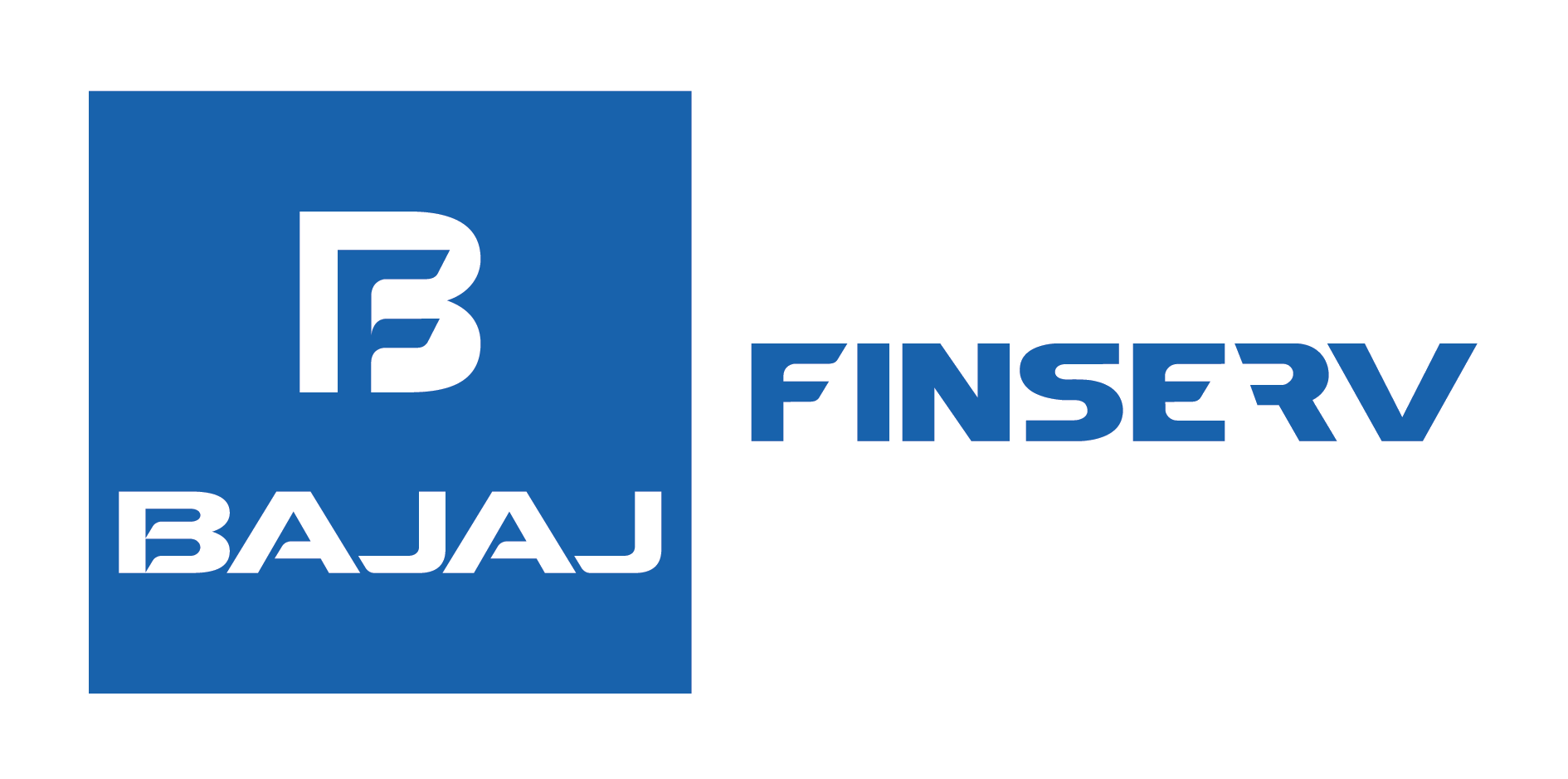Last Updated on October 16, 2023 by BFSLTeam BFSLTeam

Bonds are one of the most popular financial instruments in India. Of late, the Indian bond market has been witnessing a tremendous rise in popularity, fueled primarily by retail investors. Ideal for all kinds of investors, bonds are a great way to diversify your investment portfolio and reduce overall investment risk. If you’re considering investing in them but are unsure of how to buy bonds, here’s a detailed guide that can give you some much-needed information.
Table of Content
What are Bonds?
Before we look at how to buy bonds in India, let’s first try to understand the concept of bonds.
Bonds are essentially debt instruments that offer a fixed income regularly, usually in the form of interest on the principal investment amount, for a certain specified tenure. At the end of the tenure, the principal investment amount is returned to the investors. Companies and governmental organisations routinely use bonds to raise funds for specific activities and projects.
How to Buy Bonds in India?
The process you need to follow to purchase bonds may vary depending on the type of bond you wish to invest in. There are two major types of bonds that you can invest in – corporate bonds and government bonds. Here’s a detailed overview of the process you need to follow to purchase each category of bonds.
Corporate Bonds
Corporate bonds are issued by public limited companies to raise funds for their business activities. The interest rate on corporate bonds is usually higher than most other debt instruments. However, in terms of safety, corporate bonds rank lower than government bonds. Let’s look at how to buy investment bonds issued by companies.
Also Read: Risks Associated with Government Bonds
Through a New Issue
Companies desirous of raising funds through debt often go through a process known as a new bond issue. To purchase bonds via a new issue, all you need to do is fill out and submit an application along with all the necessary documentation and a cheque or demand draft (DD) drawn in favour of the company for the amount you wish to invest. Once the company processes your application, the bond certificates will be sent to the address mentioned in the application form.
That said, if you prefer to hold bonds electronically, you need to open a demat account. A demat account is a special account that enables you to store securities like bonds and equity shares in an electronic format. If you have a demat account already, make sure to mention the details of the account in the new bond issue application. The bonds will be credited to your demat account electronically once the company issues them to you.
Through the Stock Exchange
Once bonds are issued by a company, they’re listed on the stock exchanges (secondary market), where they can be freely traded between investors. To purchase corporate bonds from the stock exchanges, however, you need a trading and demat account.
Once you have both accounts up and running, all you need to do is simply log into your trading account and place a buy order for the bond you wish to purchase. Once your order is executed, the bond will be credited to the demat account linked to your trading account.
Government Bonds
Government bonds are issued by the union government in the form of Treasury Bills (T-Bills) and other securities. The various state governments are also empowered to issue government bonds in the form of State Development Loans (SDLs). Currently, there are three ways through which you can purchase government bonds. Here’s a more detailed overview of how to buy bonds issued by the government.
Through RBI Retail Direct
Launched by the Reserve Bank of India in 2021, the RBI Retail Direct is a dedicated platform where retail investors can purchase newly issued T-Bills and G-Secs. However, to purchase bonds via the platform, you need to first open a Retail Direct Gilt (RDG) account. Once you’ve opened the account, all you need to do is log into the RBI Retail Direct portal and place bids for the available government bonds including those issued by the state governments.
Through the NDS-OM Secondary Market
The NDS-OM secondary market is a dedicated platform where you can purchase and sell G-Secs that have already been issued by the government. As with RBI Retail Direct, you need a Retail Direct Gilt (RDG) account to be able to buy and sell government bonds through the NDS-OM secondary market platform. The platform and the user interface of NDS-OM are very similar to trading platforms offered by stockbrokers.
Through a Stockbroker’s Trading Platform
If you’re only interested in buying already issued government bonds from the secondary market and don’t wish to open a Retail Direct Gilt (RDG) account, you can still purchase them through your stockbroker’s trading platform. Simply log into your trading account, select the G-Sec you wish to purchase and place a buy order. Once the order is executed the government bonds you purchased will be credited to the linked demat account.
Conclusion
With this, you must now be aware of how to buy a bond in India. Now, although you can still hold bonds in the physical format, it is advisable to store them electronically in a demat account. This way, you don’t have to worry about losing or damaging the bond certificates.
Also, holding bonds in a demat account allows you to trade them in the secondary market. That said, when investing in bonds, remember to take its credit rating into account. The higher the bonds are rated, the lower their risk. Investing in high-quality bonds can increase the chances of getting steady income throughout the tenure with little to no risk of default.



